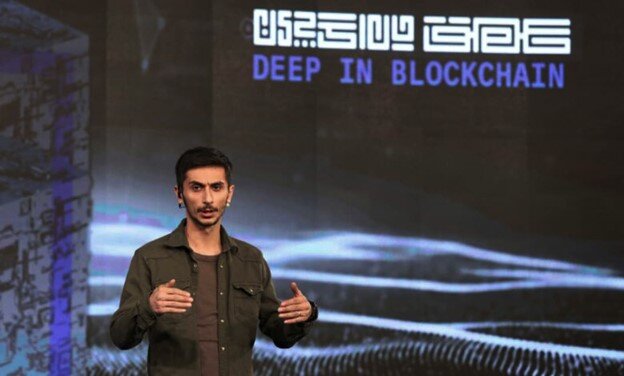Information isolation, the future of information security with Behzad Qasemi

During the last decade, with the emergence of new cyber security architectures in industrial and commercial infrastructures, and due to the high penetration of decentralized networks, many experts in the field of data security have expressed different opinions about cyber security.
Behzad Qasemi, a cyber security expert with more than a decade of academic and free education experience, has presented a different and deeper theory about the future of information security in the cyber platform. He believes that with the spread of decentralized networks and according to the definition of Stanford's open encyclopedia of scientific revolutions, a revolution has occurred in the cyber security industry silently. It is structured. In his article, Behzad Qasemi refers to the issue of information dispersion and further discussed the obsolescence of old methods and methods in securing data in cyber space.
According to Qasemi, since the emergence of computer networks and the creation of information exchange platforms (platforms) in this space, the nature of cyber security has been limited to hiding information, and even in the training courses of cyber security experts, these components are given to cyber security experts. It has been taught, but with the emergence of decentralized networks, this principle has gone under the radical of decentralized networks, so that the performance of these networks is based on transparency and information sharing among everyone. Due to the security of cyber infrastructure, there will be a huge change and to ensure the security of the new century of information, there will be a need to draw new cyber security solutions in a decentralized world, and if people, organizations and educational centers do not align with this update, they will Information security will be left behind in the new cyber age.

Behzad Qasemi proposed this theory in 2020, when decentralized networks were not yet widespread in today's form.
In the following, Qasemi explains the theory of information isolation in the way of hiding and encrypting sensitive data that will be stored in central data away from the public in the future. So that with the future of research, we can realize that the amount of sensitive information will be less, but the importance of securing it will be double, and this issue will require the provision of suitable solutions for the future.
